Francis Turbine Test Rig 5Kw
Price 749000.00 INR/ Unit
Francis Turbine Test Rig 5Kw Specification
- Model No
- RLHM 101
- Material
- SS
- Voltage
- 400 Volt (v)
- Power Source
- Mains
- Warranty
- 1 year against Any manufacturing Defects
- Capacity
- 1500 Ltr
- Usage
- Product Testing & research
- Display Type
- Digital
Francis Turbine Test Rig 5Kw Trade Information
- Minimum Order Quantity
- 1 Unit
- Payment Terms
- Paypal, Cash Advance (CA), Telegraphic Transfer (T/T), Letter of Credit (L/C)
- Supply Ability
- 10 Units Per Month
- Delivery Time
- 3 Week
- Sample Policy
- Contact us for information regarding our sample policy
- Main Export Market(s)
- Asia, Australia, Central America, North America, South America, Eastern Europe, Western Europe, Middle East, Africa
- Main Domestic Market
- All India
- Certifications
- ISO 9001: 2015, CE, Zed, Udhyam
About Francis Turbine Test Rig 5Kw
The Francis Turbine Test Rig is designed for advanced experimentation and performance analysis of medium-flow Francis turbines. Its precision engineering and robust construction make it an ideal choice for engineering institutions, research facilities, and industrial training centers. Equipped with state-of-the-art control systems and data acquisition technology, the rig allows users to explore the turbines operational efficiency and behavior under various load conditions.
Key Features
-
High-performance Francis Turbine with adjustable guide vanes (<23 angle of attack).
-
Digital control and monitoring system for real-time parameter display.
-
Integrated Data Acquisition System (DAQ) with USB connectivity and real-time graphing.
-
Corrosion-resistant components for long-term reliability.
-
Modular design for ease of installation, operation, and maintenance.
Experimental Capabilities
-
To study the operation of a Francis Turbine
-
To determine the Output Power of Francis Turbine
-
To determine the Turbine Efficiency
-
Technical Specifications
-
Power Supply: 230-220V (single-phase) or 380-400V (three-phase) with 15 kW capacity.
-
Water Supply: Continuous water source (>2000 liters/min if external supply is used).
-
Space Requirement: Minimum 5m x 5m for setup and safe operation.
-
Drainage: Proper drainage system for water discharge.
-
Turbine Type: Francis Turbine; Runner Diameter: >400 mm; Number of Blades: >15.
-
Speed of Shaft: 1500 RPM.
-
Material: Stainless Steel, Gunmetal, or equivalent anti-rust material.
-
Pressure: Inlet: <1 bar; Outlet: <6 bar.
-
Pump Type: Centrifugal Pump (Variable Speed Control); Head: >25 meters; Flow: >1900 liters per minute.
-
Tank Capacity: >1500 liters; Material: Anti-rusting stainless steel with inbuilt cooling system.
-
Control & Monitoring
-
Real-time digital display for operational parameters.
-
Instruments: Digital/Tubular Manometers and Digital Thermometers.
-
Valves: Manual for flow and pressure control.
-
Performance Metrics
-
Hydraulic Power: >3 kW at 1500 RPM.
-
Mechanical Power: >5 kW at 1500 RPM.
-
Torque Measurement: Integrated Digital Torque Meter.
-
Power Supply:
-
Voltage: Single-phase: 230-220 V; Three-phase: 380-400 V.
-
Power Consumption: >10 kW.
-
-
Data Acquisition:
-
USB-based system with inbuilt software.
-
Real-time data monitoring with graphical representation.
-
-
Flow Variation - How it is Performed?
Flow variation in the Francis Turbine Test Rig is controlled through the following methods:
-
Throttle Valve Adjustment: Controls the water supply entering the turbine.
-
Guide Vanes Adjustment (<23): Regulates the angle of attack to modify the flow rate and efficiency.
-
Variable Speed Pump: The centrifugal pump with variable speed control enables precise flow rate adjustments.
-
Digital Monitoring: Real-time flow rate measurement via the flow meter and DAQ system provides instant feedback on adjustments.
-
Torque Meter - Working Principle & Model Information
The digital torque meter integrated into the system functions on the strain gauge-based principle:
-
Measures the rotational force exerted by the turbine shaft.
-
Torque is calculated as Torque = Force Radius of the runner.
-
The meter sends digital signals to the DAQ system for real-time torque display and graphical analysis.
Model Number: RLHM-TM01 (or as per actual product supply).
Photo of Torque Meter: (To be inserted in the final version)
Calibration Certificates
For quality assurance, calibration certificates can be provided upon request for the following instruments:
-
Torque Meter
-
Pressure Gauge
-
Flow Meter
-
Tachometer
All instruments are tested and calibrated before dispatch. Additional NABL certification is available on demand.
Additional Features
-
Complete set of fittings, pipelines, and accessories included.
-
Anti-corrosion design for reliable operation.
-
Factory-tested with a pre-commissioning checklist.
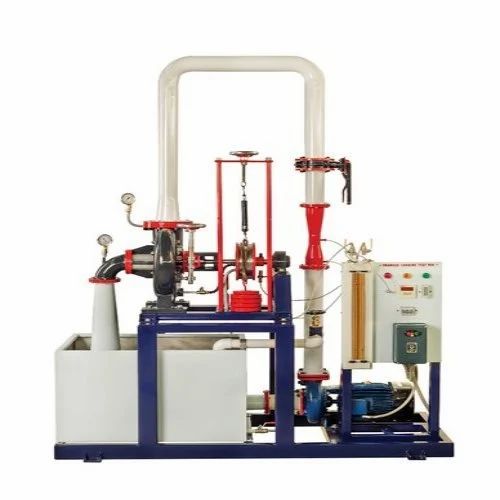

Price:
- 50
- 100
- 200
- 250
- 500
- 1000+
More Products in Hydraulics Machine Lab Category
Reciprocating Pump Test Rig
Price 40200 INR / Unit
Minimum Order Quantity : 10 Units
Voltage : 220 Volt (v)
Usage : For Industrial Use
Material : Stainless steel
Product Type : Pump Test Rig
Axial Fan test Rig
Price 64999 INR / Unit
Minimum Order Quantity : 10 Units
Voltage : 220 Volt (v)
Usage : For Industrial Use
Material : Stainless Steel
Product Type : Fan Test Rig
Pelton Wheel Turbine Test Rig
Price 40000 INR / Unit
Minimum Order Quantity : 10 Units
Voltage : 220240 Volt (v)
Usage : For Industrial Use
Material : Stainless Steel
Product Type : Turbine Test Rig
Double Stage Air Compressor
Price 40000 INR / Unit
Minimum Order Quantity : 1 Unit
Voltage : 220 Volt (v)
Usage : For Industrial Use
Material : Stainless Steel
Product Type : Air Compressor


 Send Inquiry
Send Inquiry
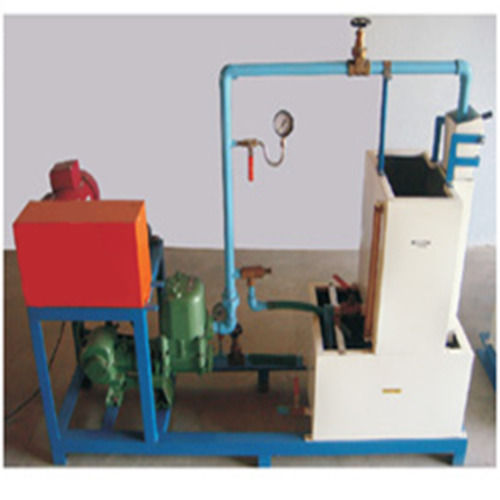
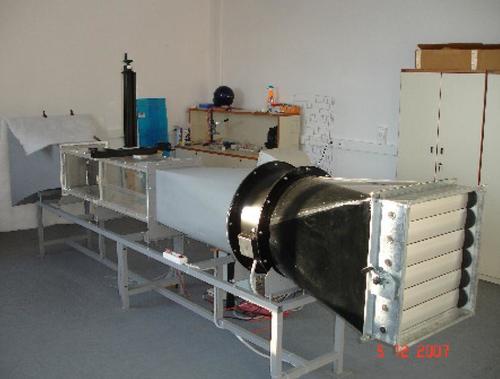
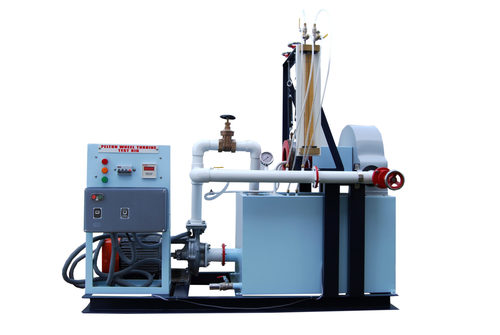
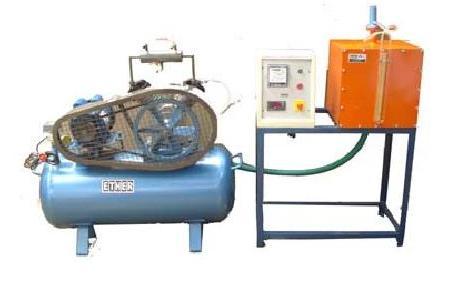


 Send Inquiry
Send Inquiry Send SMS
Send SMS